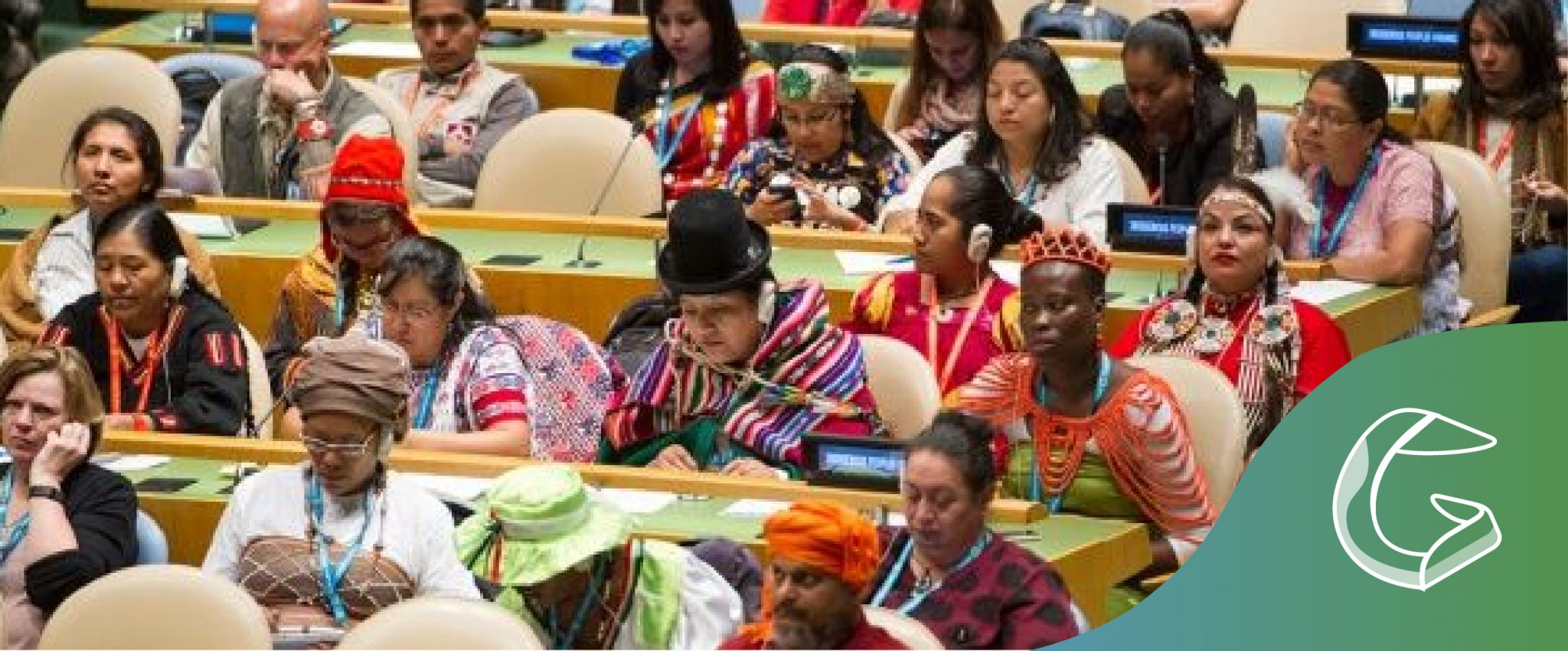Since 2002, every May 21st, the “World Day for Cultural Diversity for Dialogue and Development” has been celebrated. The date was adopted by the United Nations Organization, one year after the UNESCO Universal Declaration on Cultural Diversity was passed. But, what is and why is cultural diversity important?
A World Heritage Site
Cultural diversity includes the variety of cultural manifestations that all human groups possess. This means that, for example, languages, customs, different typical dishes, folk dances, the cinema of each country and regional beliefs are part of cultural diversity.

Thus, for instance, it is estimated that there are more than 6,000 languages spoken in the world. However, almost the 50% are in danger of disappearing because they are not incorporated into official teaching plans.
If we accepted the anthropological definition of culture, which establishes that it is a way of seeing, telling and making the world, it would be easy to understand why cultural diversity is a treasure of Humanity as a whole.

Each culture involves a different way of looking at things, which enriches our vision of the world, allowing us, among other things, to spot innovative solutions to the global problems that affect us. That is why cultural diversity is considered to be a fundamental part of development, as it provides different perspectives that may be the key to solving complex threats. The complexity of the issues is answered by diversity in the ways of facing them, which means that the proposed solutions are also more inclusive and respectful of differences and particularities, especially the ones of minorities.
Conflicts are cultural
According to the UN, at least three quarters of the world conflicts – wars, intolerance, hatred, discrimination – have a cultural root. This means that prejudice, ignorance, and lack of information are at the origin of violence, which encourages hatred of people and communities that are different. In this way, incorrect stereotypes are promoted that foster rivalry between people, increasing the spiral of violence.

In recent years, moreover, there has been the rise to power of a number of politicians with a discriminatory, prejudiced and intolerant discourse that, in several countries -many of them with great cultural diversity- carried out policies that cut rights and deepened discrimination, both between citizens of the same country and among nations. This is due to the ignorance about cultures other than their own, that continues to exist as well as continues to be strong despite technological advances that allow access to other realities. For this reason, more than ever, it is necessary to support and revalue the encounters among cultures, to contribute to world peace and development.
Languages, the door to cultures
Each language offers a different vision of the world, watches and proposes different concepts, and poses different solutions. Languages are a fundamental part of our cultural heritage, which allow us to express our particularities and points of view.

Therefore, studying a language is not only learning to pronounce or to make sentences; it is, above all, to get involved in a different culture, learn about other ways of living in this world, and enrich our understanding of Humanity, which also contributes to the development of a sustainable and peaceful world.
Conocé más sobre nosotros en nuestra página web, instagram, facebook, linkedin, blog y aprendé inglés online.
Sumate a nuestro newsletter para recibir novedades sobre nuestros cursos.
